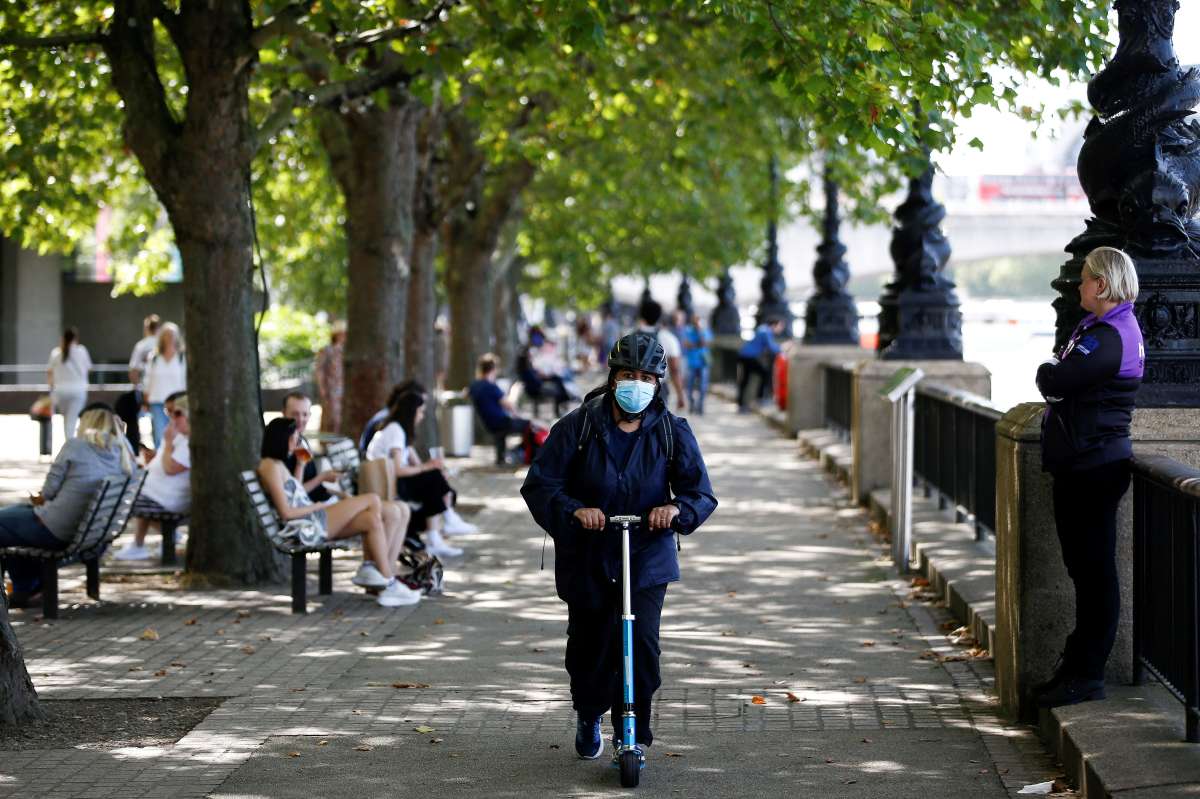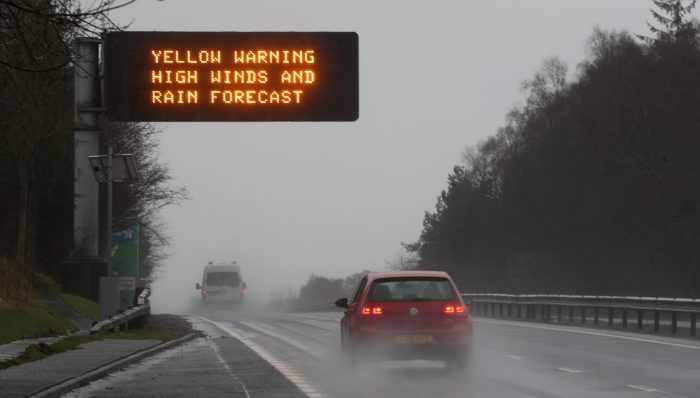By Reuters
A new strain of coronavirus identified in the United Kingdom is up to 70% more infectious but it is not thought to be more deadly and vaccines should still be effective, Prime Minister Boris Johnson and scientists said on Saturday.
Johnson and England’s Chief Medical Officer Chris Whitty said the variant strain had been discovered through Public Health England’s genomic surveillance and it was now confirmed that it spread more easily that the original version.
“There’s no evidence that it causes more severe illness or higher mortality, but it does appear to be passed on significantly more easily,” Johnson told a news conference to announce tougher lockdown restrictions for millions of people.
“Although there’s considerable uncertainty, it may be up to 70% more transmissible than the old variant, the original version of the disease. This is early data and it’s subject to review.
“But it’s the best that we have at the moment and we have to act on information as we have it, because this is now spreading very fast.”
Cases in Britain have soared in the last two weeks, and were rising fast, data showed.
Britain’s Chief Scientific Adviser Patrick Vallance said COVID-19 vaccines appeared to be adequate in generating an immune response to the variant of the coronavirus.
“We think it (the variant) may be in other countries as well,” Vallance told reporters. “It may have started here, we don’t know for sure.”
Vallance said in parts of England, including London, the south east and east of England, the new variant was becoming the dominant form.
“This virus has taken off,” he said of the mutation. “It’s moving fast and it’s leading inevitably to a sharp increase in hospital admissions.”
“There is no evidence it causes a more severe disease, causes more hospitalisation, causes more trouble than the other virus, it basically looks similar.”

































